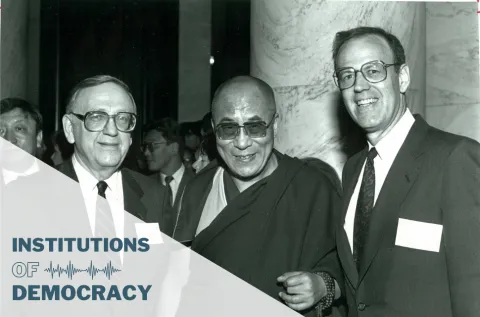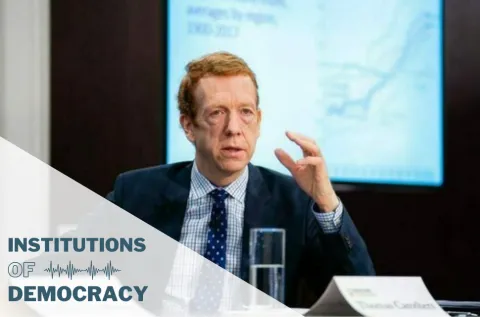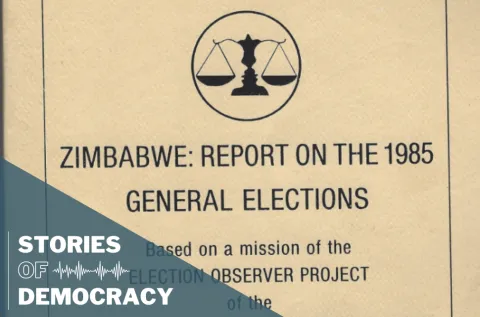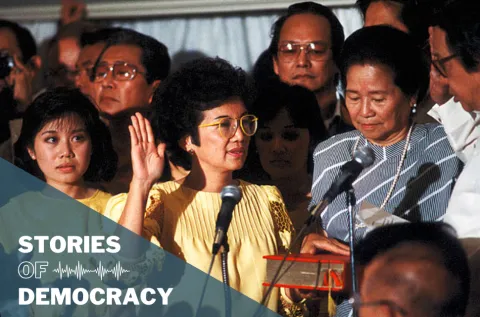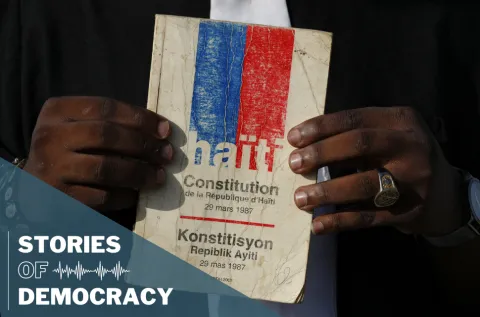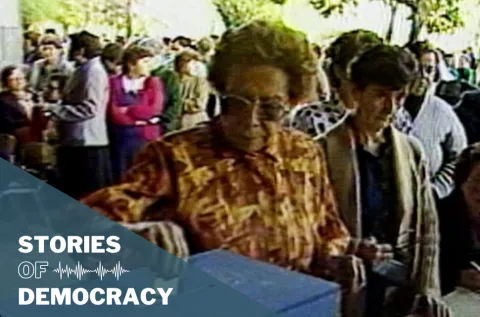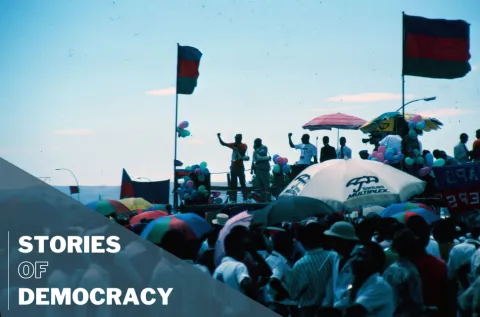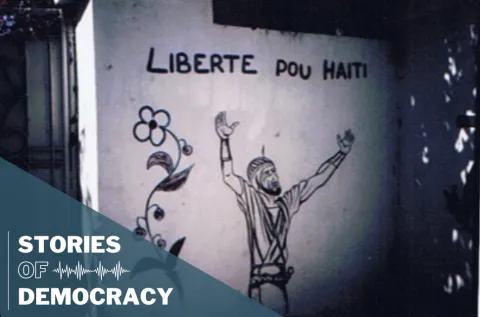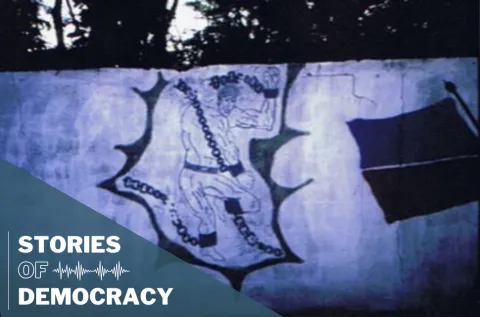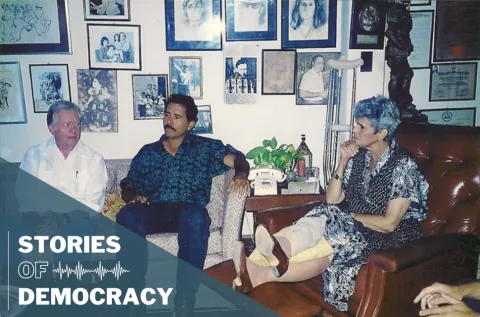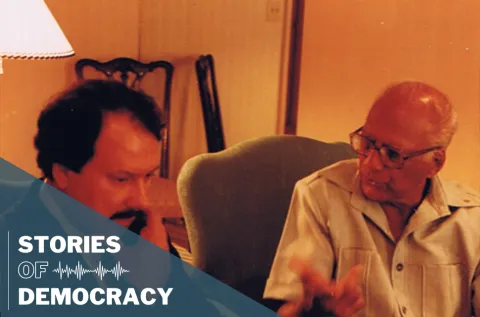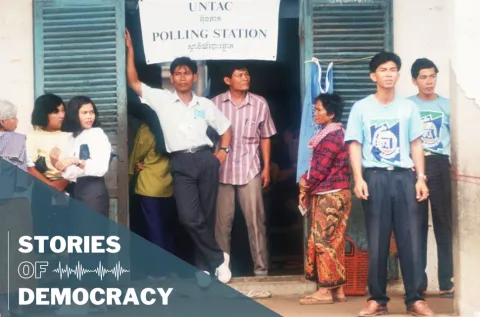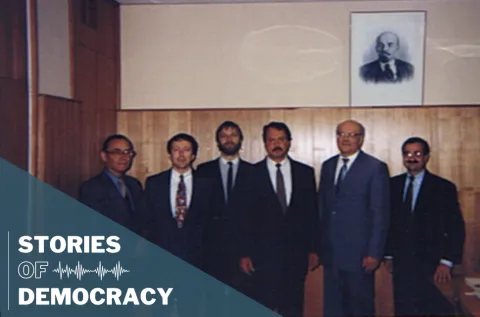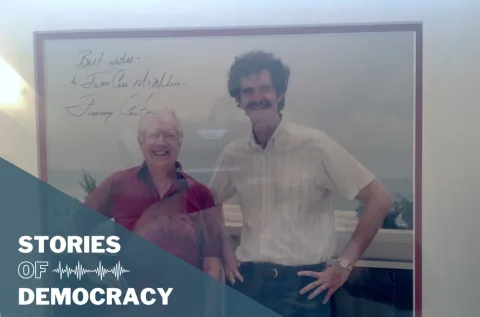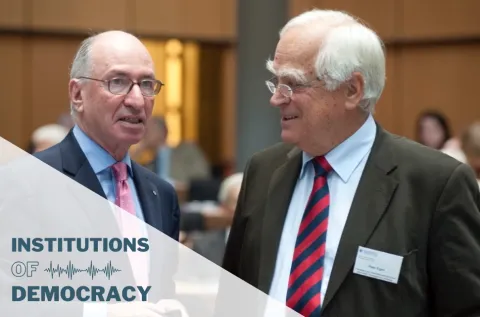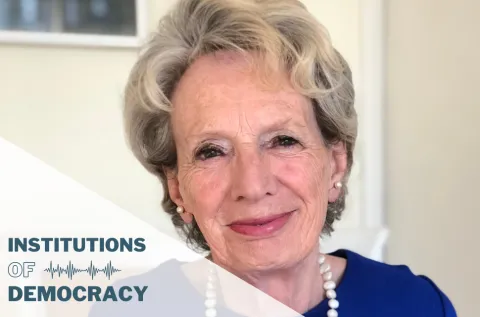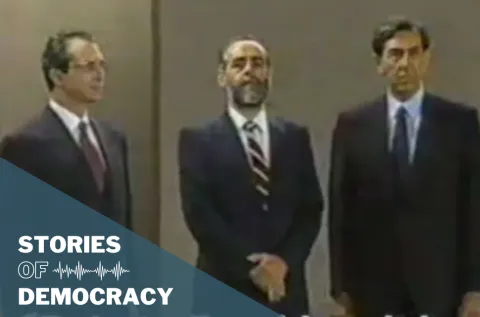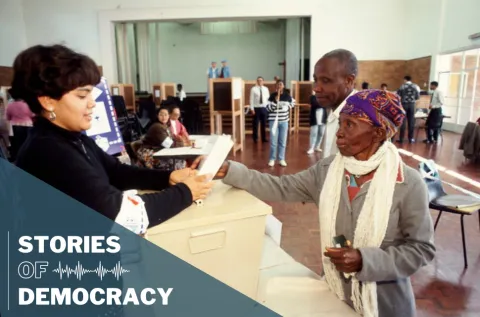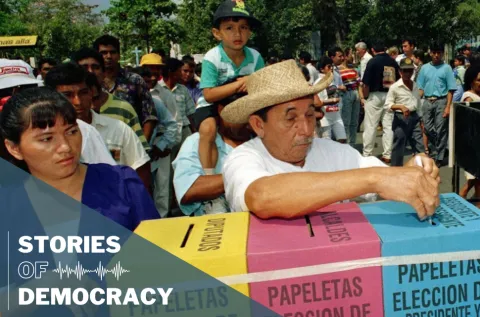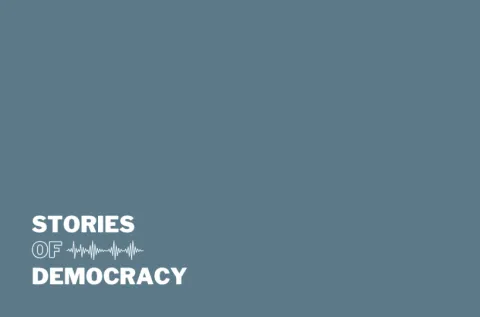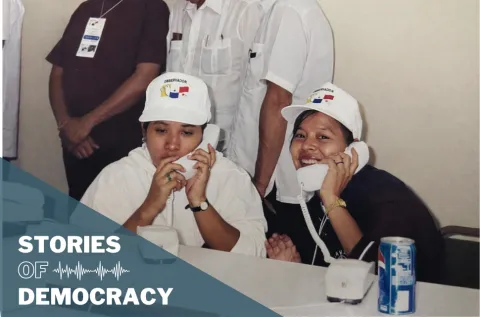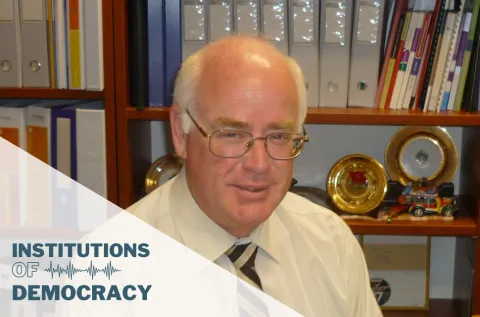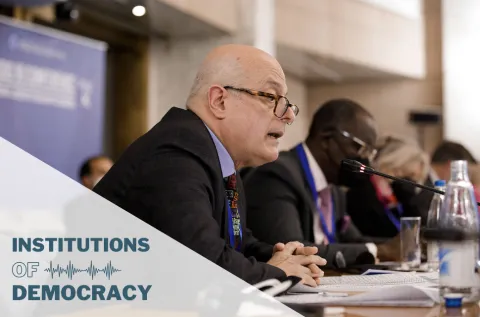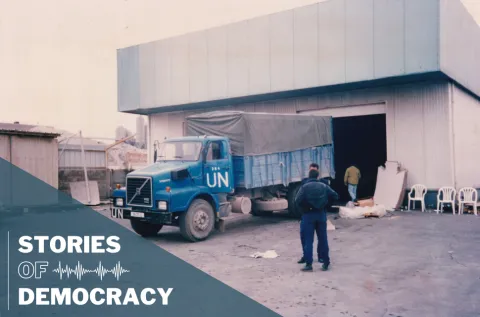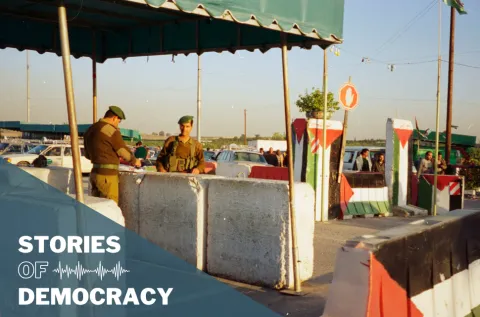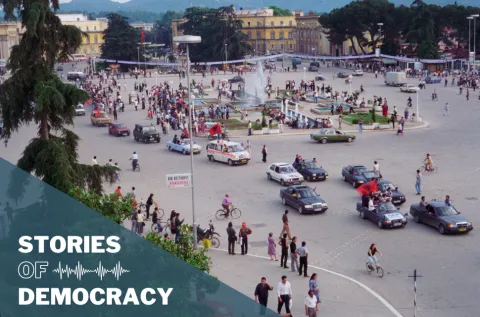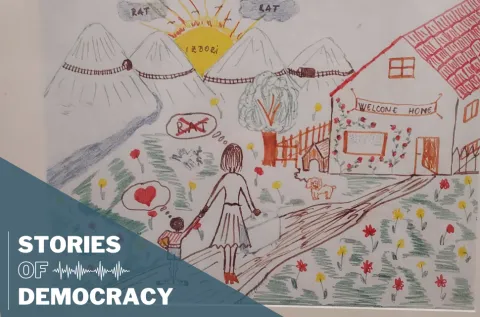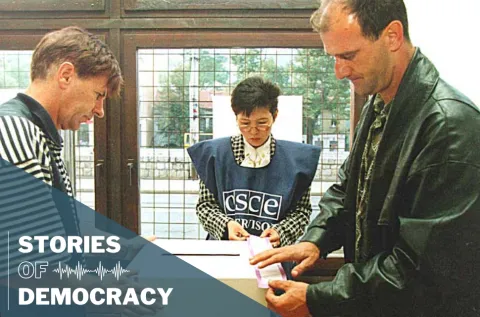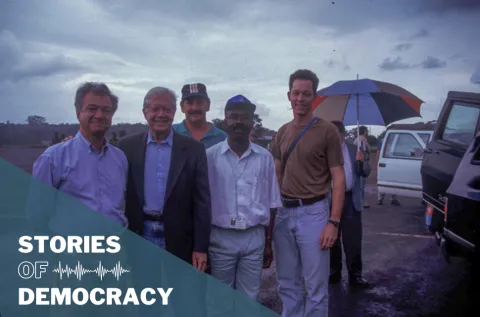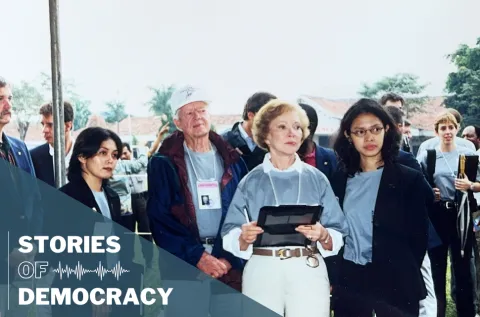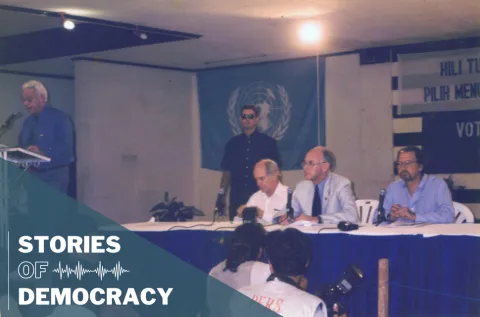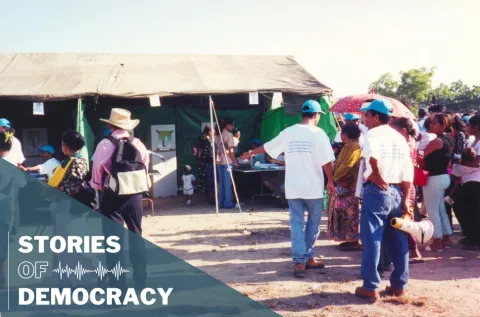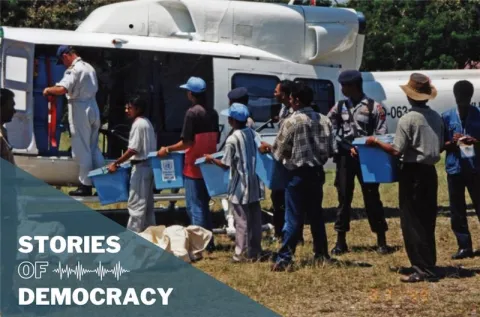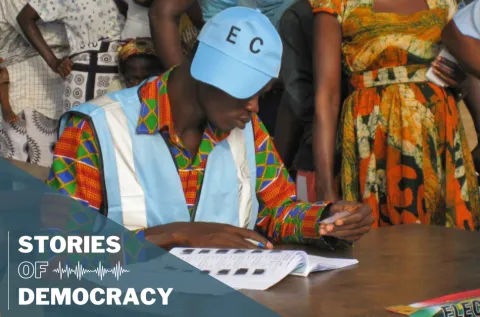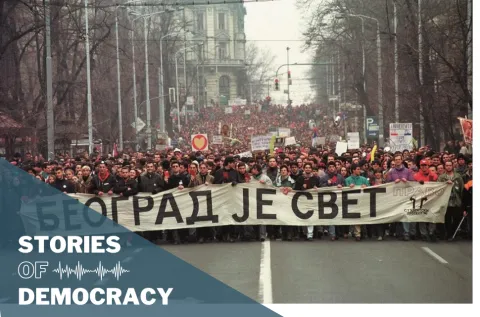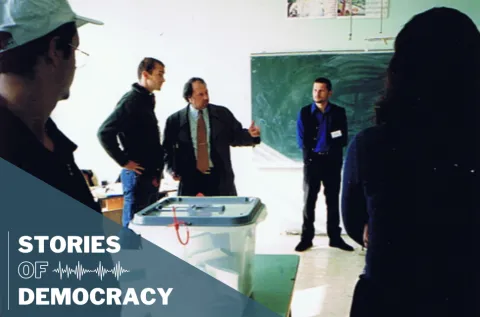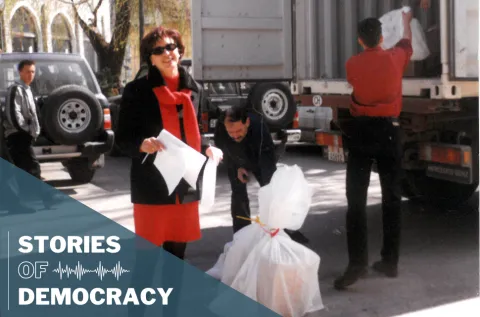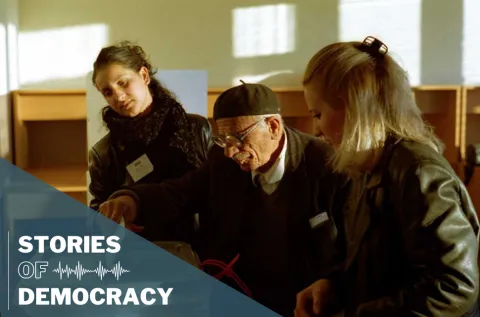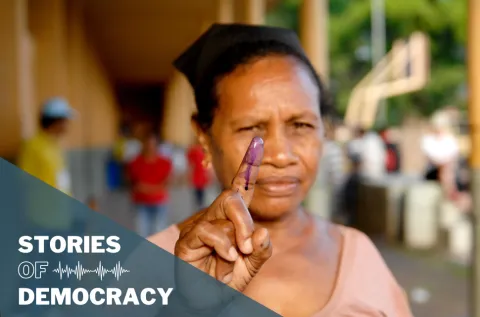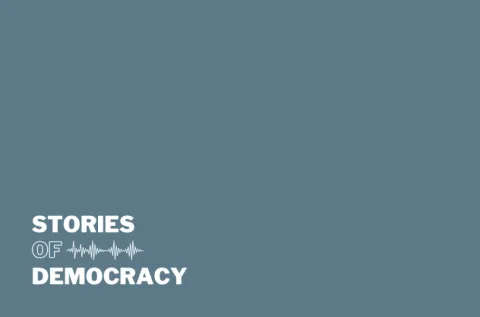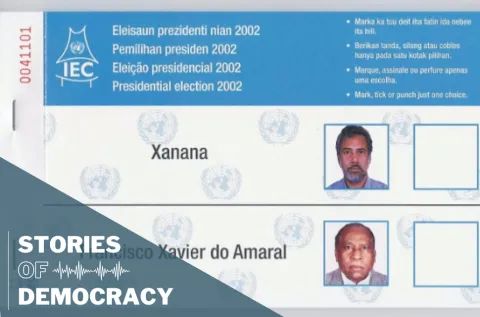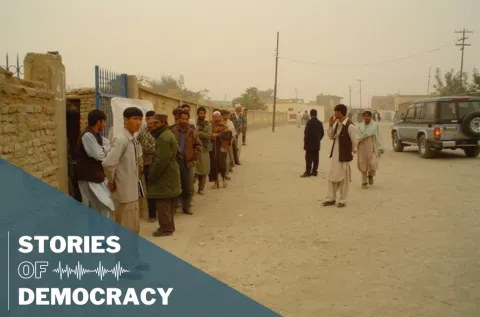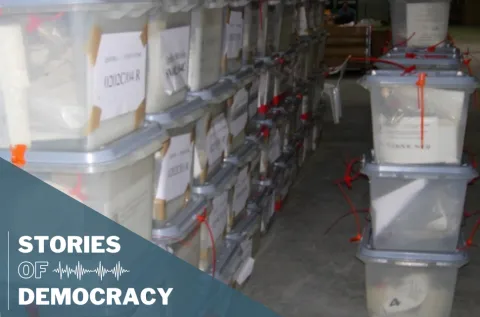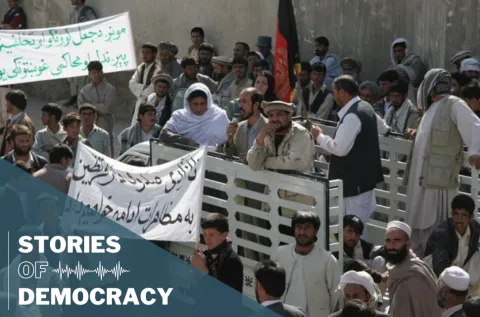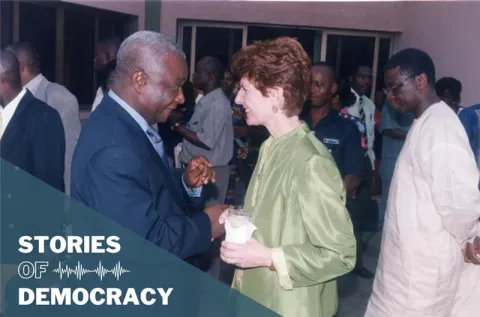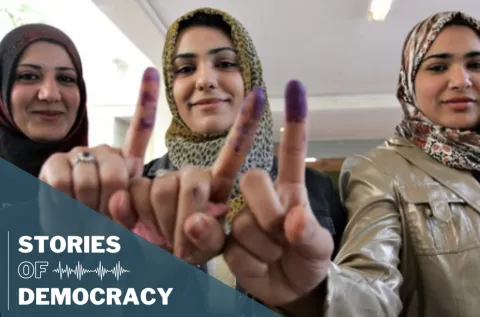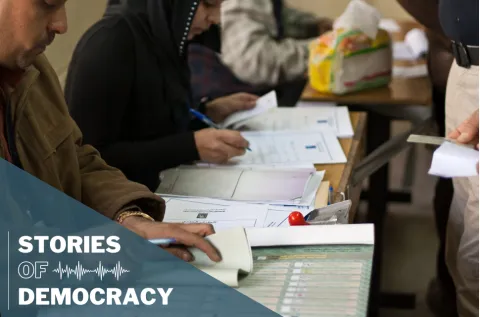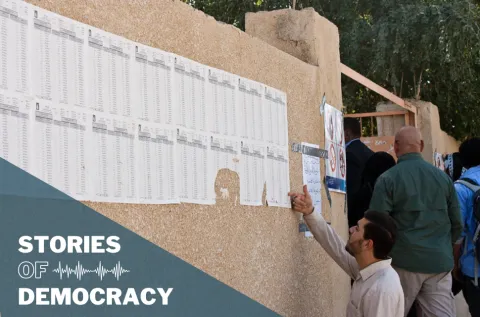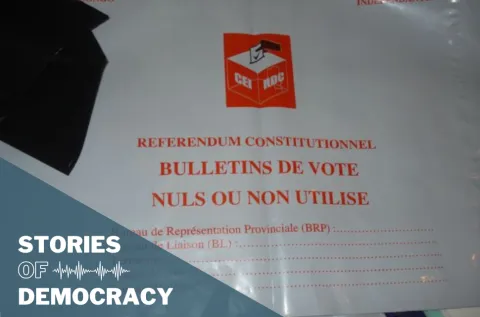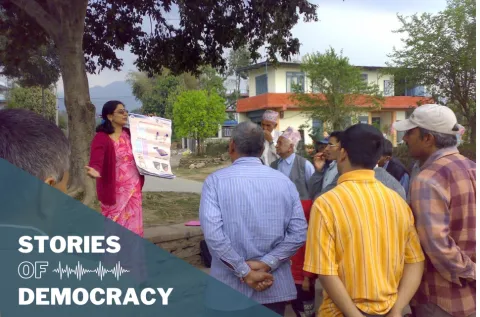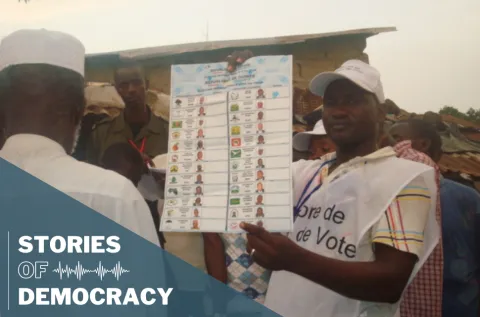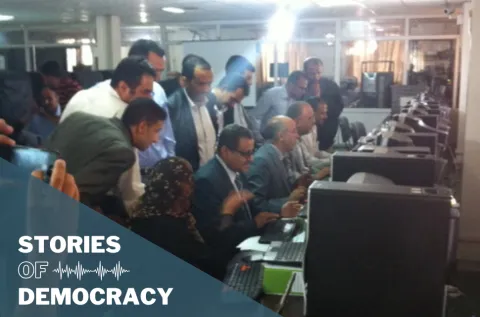Ethiopia - 1992 - The Regional Assembly
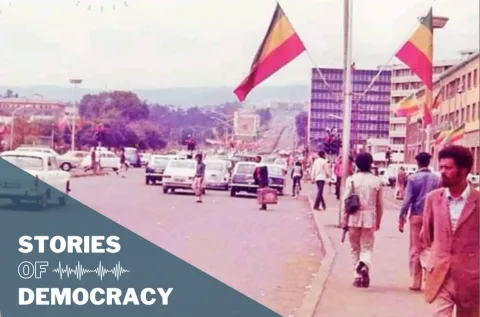
In the aftermath of the devastating 16-year Ethiopian Civil War, the 1992 Regional Assembly elections represented a foundational moment in Ethiopia’s political transformation, with the ability to put in place the political structures that would shape political competition in the country for years to come. Held on June 5, these elections were the country’s first post-war elections. They were designed to create local assemblies that could begin the tasks of security and reconstruction during the transition toward a federal system.
The Ethiopian People's Revolutionary Democratic Front (EPRDF), the victors of the civil war, secured a dominant victory in the elections as well, as major opposition parties withdrew from the process, resulting in an election with very little competition. The election was conducted in a highly polarized environment, with many opposition parties facing harassment, unequal access to state resources, and an otherwise very unbalanced playing field. Although there was a push by the international community towards democratic reform, the reality of the elections was that they consolidated the control of the dominant party and institutionalized ethnic states and political institutions that contributed to the limited electoral competition and ongoing tensions in the region.
In this recording, Terrence Lyons discusses his experience on the election observation team in the 1992 Ethiopian elections. Lyons shares the disparity between how the election was administered in Addis Ababa as opposed to in rural areas of Ethiopia, and how legacies of the civil war limited the ability of the elections to build a foundation for democratic competition.
Terrence Lyons is Professor of Conflict Resolution at the Jimmy and Rosalynn Carter School for Peace and Conflict Resolution, George Mason University. Lyons received his PhD from Johns Hopkins University, was a Fellow at the Brookings Institution and the Peace Research Institute, Oslo, and served as senior program adviser to the Carter Center’s project on elections in Liberia (1997) and Ethiopia (2005). He was a member of international election observation missions in Ethiopia (1992, 1995, 2005), Benin (1996), Bangladesh (1996), and Ghana (1996). He has consulted with US government and non-governmental organizations on issues of conflict and democratizations. His publications include: The Puzzle of Ethiopian Politics (2019), “Asymmetric Electoral Authoritarianism? The Case of the 2021 Elections in Ethiopia” (co-written with Aly Verjee 2022), and “The EPRDF and Coalition Politics: Rise, Resilience, and Replacement” (2023).
Listen to Terrence Lyons recall his experience in the 1992 Ethiopian Elections above.
